Let’s get it sorted.
Featured resource
Webinars: Embrace the legislative changes in Wales
This series of webinars provide a comprehensive introduction to the waste regulations, with a focused exploration of each sector's requirements to comply with the new law.
The new Workplace Recycling Regulations require workplaces in Wales to improve the way they recycle.
What’s changing and why
The new requires all workplaces, including businesses, public bodies and the third sector, to separate these recyclable materials from their general waste.
- Food leftovers or waste generated by food preparation
- Paper and card such as old newspapers and envelopes, delivery boxes and packaging
- Metal, plastic, and cartons and other similar packaging (for example coffee cups)
- Glass such as drinks bottles and food jars
- Unsold textiles such as clothing and non-clothing
- Unsold small waste electrical and electronic equipment (sWEEE)
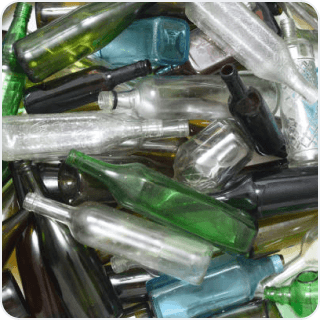
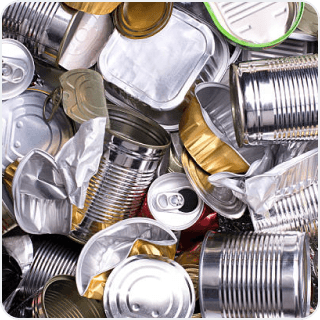
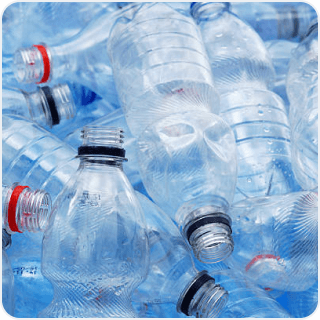
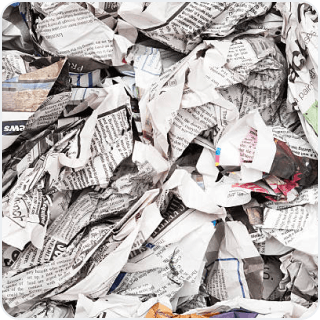
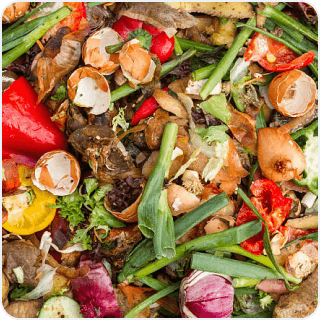
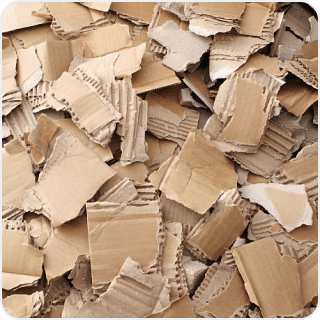
It’s compulsory for businesses to arrange a separate collection of these materials, so they can be recycled efficiently.
Ready to get started?
Which sector is your workplace in?
Guidance to ensure your workplace is fully compliant with the new regulations. If you consider your business to be an SME, it’s also worth checking the guidance for Small & Medium Enterprises.
This guidance should be read in conjunction with the Separate Collection of Waste Materials for Recycling: A Code of Practice for Wales.
Wales is currently second in the world when it comes to recycling waste from households.
The aim is to build on the success of household recycling and ensure high recycling rates across workplaces too.
The benefits of increasing recycling are that it:
increases the amount and quality of recycling that can then be used by Welsh manufacturers
supports workplaces to reduce their waste
reduces carbon emissions
helps the economy to create a greener Wales

65% recycling rate
of waste material collected by our local authorities

400,000 tonnes
of carbon emissions saved each year